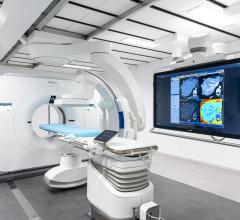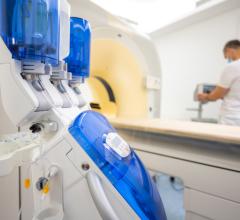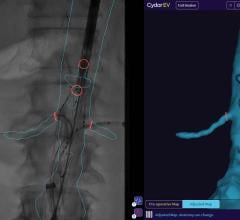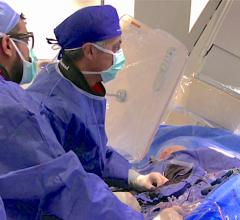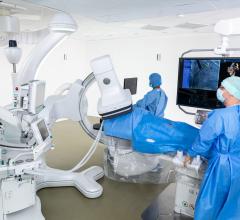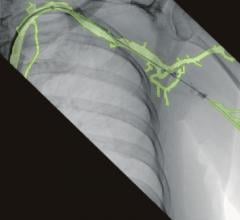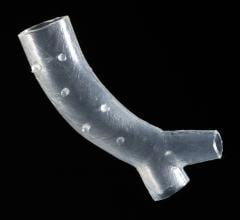More than a third of doctors who sit on the review boards that oversee the integrity of clinical trials have financial ties with companies whose drugs are being tested in those trials.
That's the finding of a new study in the Nov. 30 issue of the New England Journal of Medicine. The researchers also found that the vast majority of review board members surveyed - 85.5 percent - believed that industry ties do not affect members' decisions in any inappropriate way.
It's hard to tell whether those links would affect the quality of the studies, added lead researcher Eric G. Campbell, an assistant professor of health policy at the University of Massachusetts. "That would require a different methodology, going back to cases where there are problems and tracing whether a relationship had an effect," he said.
The study included 893 professionals who sat on review boards at 100 academic institutions.
Most thought their ties to industry wouldn't affect their decisions. However, 78 physicians - 15.1 percent of those questioned - said that at least one proposed trial had come before them in the prior year that had been sponsored either by a company with which they had a financial relationship, or a competitor of that company.
Financial ties with health-care companies are inevitable and "a fundamental part" of medicine, Campbell said. "They have benefits and they have risks," he said, and the question is how to prevent them from biasing studies.
"Clearly disclosure of relationships is required, because institutions can't handle what they don't know about," Campbell said.
After the basic step of open disclosure, institutions must "develop a set of policies regarding which relationships are acceptable and which are not, and follow those policies," he said. Each institution should set standards fitting its particular needs, Campbell said.
Dr. Ezekiel J. Emanuel, chairman of clinical bioethics at the U.S. National Institutes of Health and the author of a related report in the same issue of the journal, agreed.
"We need to move this debate off what we disclose, because disclosures [themselves] are not a very good safeguard," said Emanuel, who has been a major figure in the field of potential conflicts of interest. Instead, he said, "we have to be sure that our oversight mechanisms that our conflict of interest boards use are effective."
Emanuel's report is based on interviews with 253 patients enrolled in cancer research trials. It found that, for the most part, patients don't pay much heed to these issues.
"More than 90 percent of patients expressed little or no worry about financial ties that researchers or institutions might have with drug companies," the report concluded. Roughly three-quarters of cancer patients said they would have enrolled in the trial even if the investigator had been paid royalties or owned stock in the company making the drug.
That is quite understandable, Emanuel said, since study participants "are very vulnerable, have a serious problem and want someone to care for it. They appreciate -- especially cancer patients -- that cooperation is required between industry and cancer researchers, and that money is necessary for there to be progress."
Still, 40 percent of the patients wanted disclosure of the oversight system for researchers and 31 percent wanted to know about the researcher's financial interests. Only 17 percent thought that no disclosure to patients was necessary.
More information
The official word on institutional review boards is available from the FDA.


 May 17, 2024
May 17, 2024 

